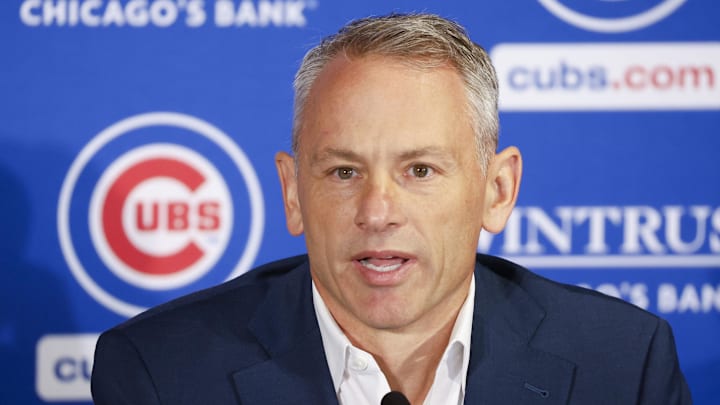It's no secret that Tom Ricketts and Jed Hoyer have no intentions of turning the Chicago Cubs into a new version of the Evil Empire in the way that the cash-laden Los Angeles Dodgers have. Ownership views the CBT threshold as a soft salary cap and we're yet to see the team sign a $200 million free agent, despite being one of the most valuable sports franchises in the world.
It's all about extracting value and finding that same value where others may not - which means the Cubs are now very dependent on catching some breaks, which doesn't exactly inspire a ton of feel-good energy. Hoyer's latest comments to The Athletic (subscription required) bear that out and make it clear the team has no plans of becoming a financial juggernaut anytime soon.
"... We need to perform probably at or a little bit better than our projections in order to have a really successful season. The Atlanta Braves and the Dodgers, they have built a cushion where things can happen and they can they can undershoot their projections and win. We can’t do that. So we need to eke everything out of this group."
Cubs picked their lane and are prepared to live or die by the consequences
Let's stop for a moment here. The Cubs could have been more aggressive this winter and given themselves that margin for error. JD Martinez surely would have made for a more appealing DH on a daily basis than the carousel of Mike Tauchman, Garrett Cooper and Patrick Wisdom. Jordan Montgomery slotted behind Justin Steele would have (and still could) alleviate concerns over the ceiling of the starting rotation.
Wrigley Field - and a growing chunk of the Wrigleyville neighborhood, as a whole - is a cash cow for the Ricketts family. How the Cubs go about roster-building is a conscious choice, not one that's been forced upon the organization by outside forces. I'm not saying going out and doling out $1 billion+ on two players is a sustainable way to do business, but betting the success of a season on outperforming even internal expectations is a hell of a way to go about things.
